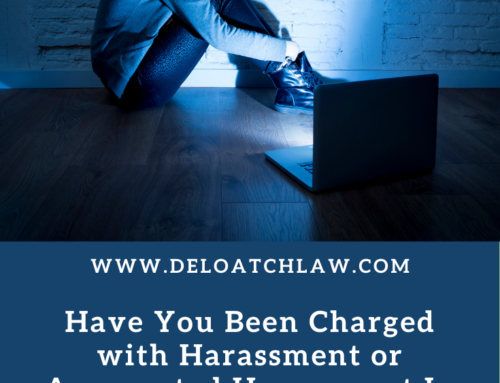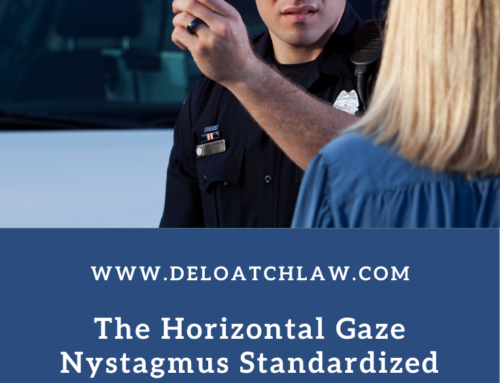 As I have said before in previous blogs, being convicted of a crime can have far reaching consequences. It can negatively affect your job or future jobs, where you live and even the ability to form relationships. Unfortunately, you or someone close to you has found themselves in this position and is wondering if you/they still have a bright future.
As I have said before in previous blogs, being convicted of a crime can have far reaching consequences. It can negatively affect your job or future jobs, where you live and even the ability to form relationships. Unfortunately, you or someone close to you has found themselves in this position and is wondering if you/they still have a bright future.
The short answer is, yes! However, it will take a little bit of work, but the benefits are well worth the extra work.
Sealing a Conviction
You may have heard of people having their criminal record “expunged” (i.e. permanently erased). However, in the State of New York, expungement applies only to a very limited number of convictions, and happens automatically. For example, only some marijuana charges are expunged.
Generally, the state of New York does not allow for criminal records to be expunged. However, it does allow for criminal records to be “sealed” under certain circumstances. Sealing a record, for all intents and purposes, renders your criminal record invisible to the public (i.e. the information is removed from your rap sheet and your finger prints and mug shots are destroyed). This means that under most circumstances, if an entity such as a potential employer or potential landlord were to do a criminal back-ground check and request your rap sheet, that information would have been removed and unavailable to them.
What Cases can be Sealed?
Not all criminal convictions can be sealed. Eligibility for sealing is determined by New York Criminal Procedure Law Section 160.59. In general, sex offenses, violent felonies and serious felonies are not eligible to be sealed.
However, some cases are automatically sealed. Examples of are:
- Cases that were terminated in favor of the accused (New York Criminal Procedure Law Section 160.50); and
- Youthful offenders (New York Criminal Procedure Law Section 720.35).
In other instances, you have to seek permission from the courts to have the criminal conviction sealed. Permission for sealing can be sought if the facts and circumstances render them eligible. Cases are eligible under the following facts and circumstances:
- You have been crime-free for a period no less than 10 years since your last conviction and/or release;
- You have no more the two criminal convictions on your criminal record; and
- You do not have any current criminal convictions pending.
Courts have the discretion to seal up two criminal convictions. Moreover, only one of such convictions may be a felony. So, if you have more than two misdemeanor convictions, you are not eligible.
However, if you have more than two convictions that are deemed to be related to one incident, you may still be eligible for expungement. For example, if you were convicted of multiple crimes during one criminal case, the court can deem this as only one incident for purposes of determining your eligibility, based on the number of cases you have on your record (i.e. one or two).
If the court approves your application for sealing, your criminal convictions can only been seen by a limited number of entities that are deemed qualified agencies, as well as federal, state and local law enforcement agencies. For example, a sealed record can still be seen by the following:
- You, if you obtain a copy of your own record;
- Any agency to which you apply for a gun license;
- Your employer, if you apply to work as a law enforcement or a peace officer;
- Your employer, if you apply for a job that requires you to carry a gun;
- The military, if you apply to enlist;
- Your Parole or Probation Officer, if you are arrested while on parole or probation;
- Prosecutors and other law enforcement officials, if they show a court that “justice requires” them to have such information; and
- Sealed convictions for violations, such as disorderly conduct, are available to anyone who goes to the court where the conviction occurred.
How do I Seek Permission to Seal a Conviction?
To get a conviction sealed, you must file a motion with the court where you were convicted. You must also serve a copy on the District Attorney. The District Attorney has 45 days to notify the sentencing judge if there is an objection to the sealing. The sentencing judge then considers the application and the District Attorney’s consent or objection. The judge and District Attorney will then make a decision based on your motion, or they can require a hearing to further inform their decision.
If you have questions regarding sealing criminal convictions that you or someone you know may have, contact the Law Office of Kevin J. Deloatch, Esq. at (646) 792-2156. The office has an extensive criminal law practice. The outcome of a criminal matter is often determined by what occurs at the beginning stages. Call today for a free consultation.








